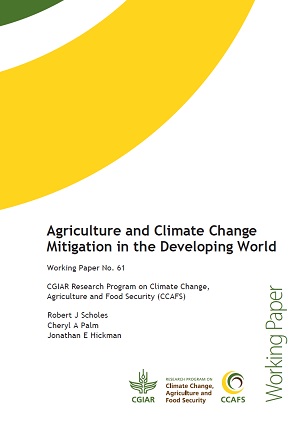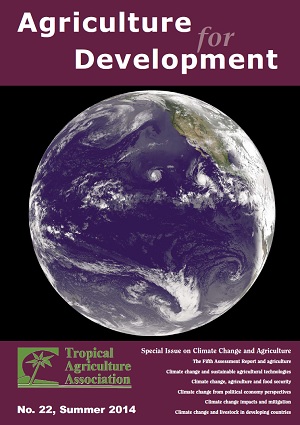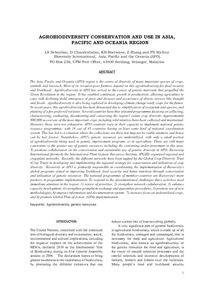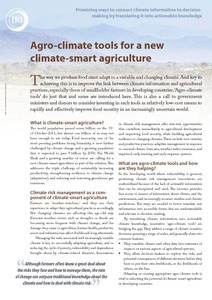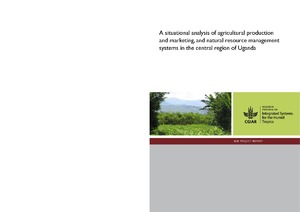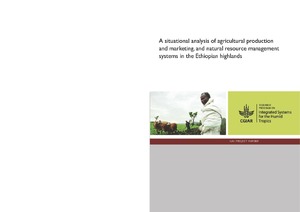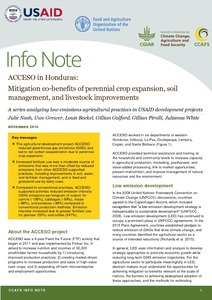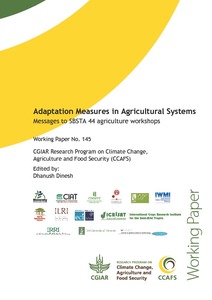Agriculture and climate change mitigation in the developing world
Agricultural activities in the developing world directly contribute about 4.23 GtCO2eq/y to the current anthropogenic forcing of the global climate, and indirectly a further approximately 3.93GtCO2eq/y through forest clearing and degradation. Together they constitute a quarter of the total global climate forcing from all sources. Many proven agricultural practices and policies can reduce this impact on the global climate without compromising food production, or reduce the climate impact per unit of agricultural production.

